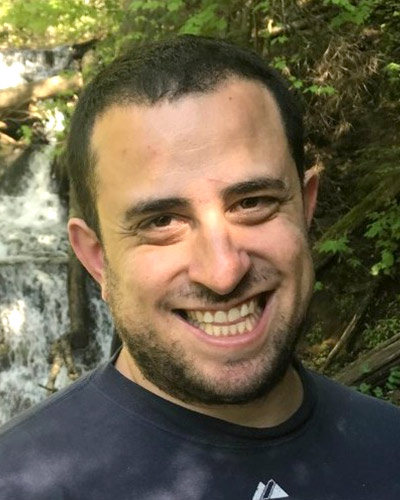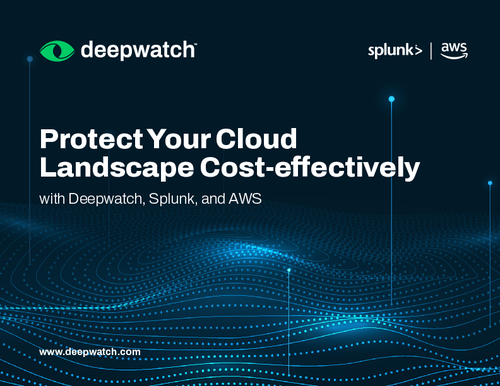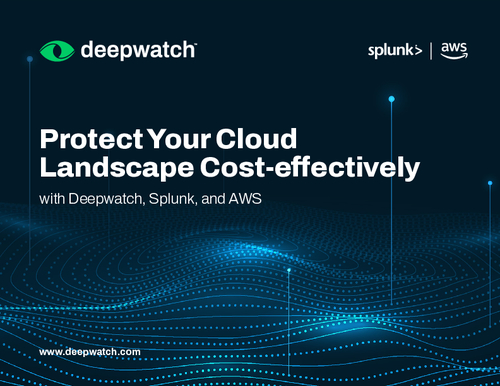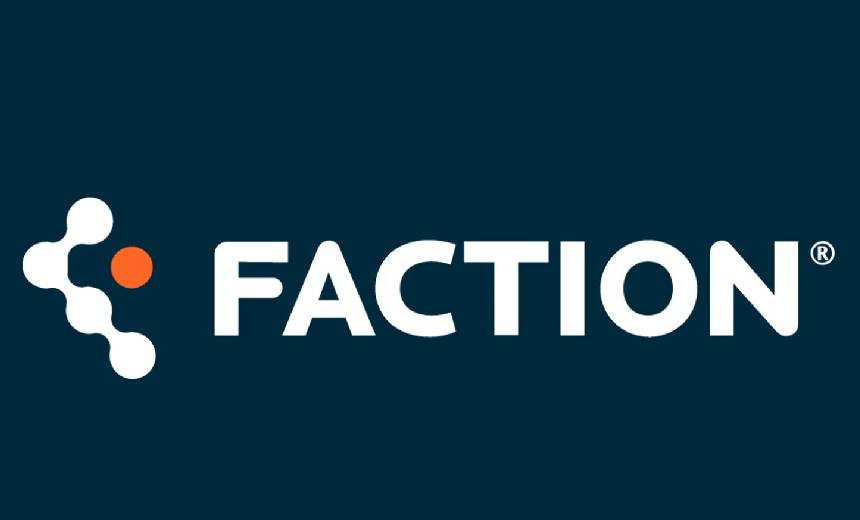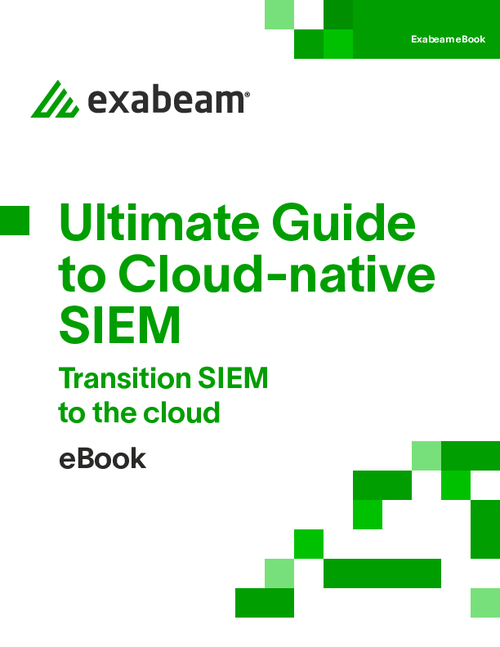Sysdig CEO on How Open Source Fuels Cloud, Container Defense
Suresh Vasudevan on Why Falco Has Become the Industry Standard for Threat DetectionCloud vendors from Amazon, Microsoft and Google to IBM and Sumo Logic have turned to Sysdig's Falco open-source threat detection engine to secure their environments.
See Also: Assessing Threats Outside the Perimeter
Sysdig CEO Suresh Vasudevan says Falco has become the standard for threat detection in the industry, catalyzing a robust ruleset around how to detect threats everywhere, from cloud and containers to serverless environments. Cloud hyperscalers turn to Falco for runtime security and data collection while Sysdig itself relies on Falco for vulnerability management, configuration, posture management and compliance (see: Business Imperative: Cloud Adoption, With Security).
"When more and more companies standardize on Falco, it makes that a default, and it helps make the standard safer when it's more broadly used," Vasudevan says. "The DNA of our company started with Falco, and that still remains a cornerstone of our product."
In a video interview with Information Security Media Group, Vasudevan also discusses:
- How Sysdig has used proceeds from its $350M Series G round;
- How Sysdig has secured the Kubernetes customer experience;
- How Sysdig stacks up against Palo Alto Networks' Prisma Cloud.
Prior to joining Sysdig in February 2018, Vasudevan was the president and CEO of Nimble Storage from March 2011 until it was acquired by Hewlett Packard Enterprise in May 2017. Before Nimble Storage, he was a member of the executive team at NetApp for 10 years, overseeing all product operations. Before joining NetApp, he worked at management consulting firm McKinsey in New Delhi, Mumbai and Chicago as a senior engagement manager.


